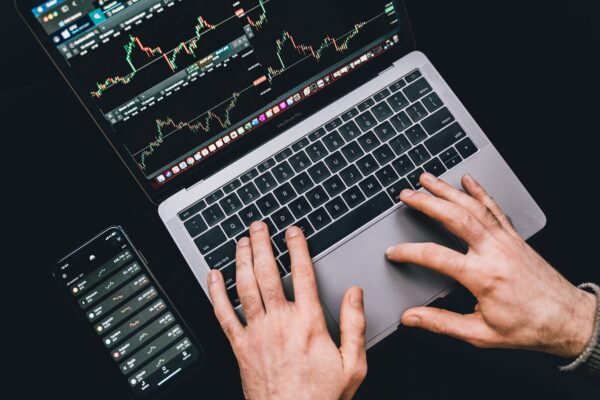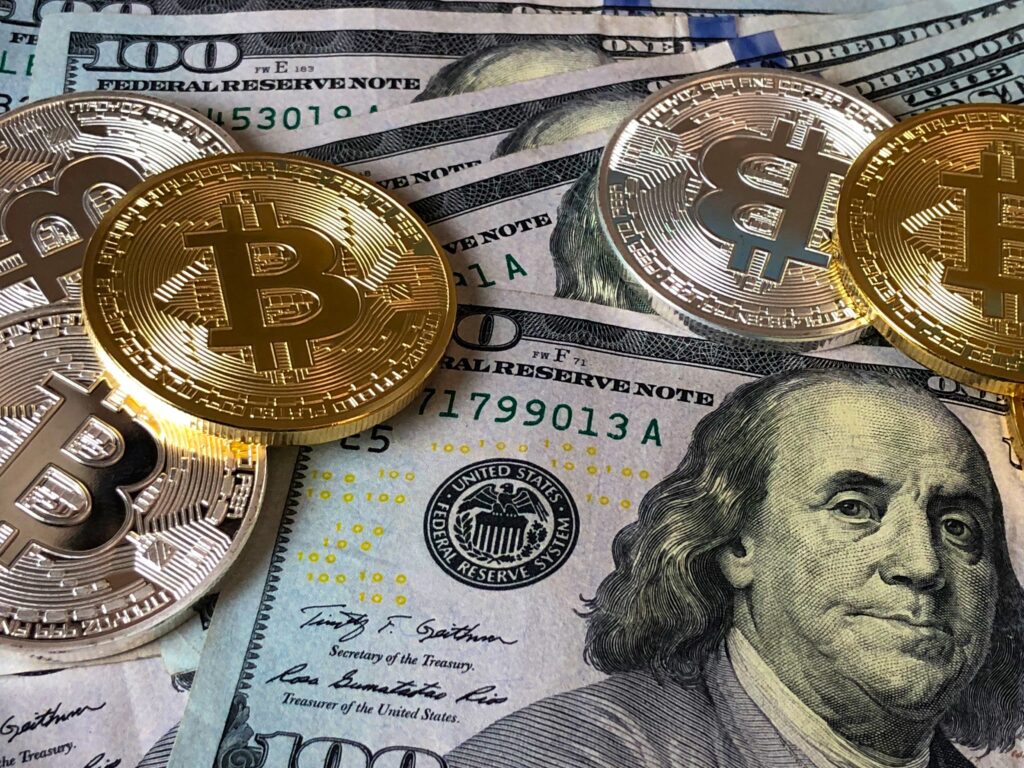FTX, recently valued at $32 billion, has just blown up. But not in the “viral-overnight” sense. More like, a nuclear catastrophe.

On Wednesday, the largest cryptocurrency exchange on earth, Binance, tweeted that it was terminating its partnership with FTX. Binance stated, “We have decided not to pursue the potential acquisition of FTX as a result of corporate due diligence and the most recent news reports regarding mishandled customer funds and alleged US agency investigations. Initially, our hope was to be able to support FTX’s customers to provide liquidity, but the issues are beyond our control or ability to help.”
And on Friday, FTX filed for bankruptcy, and its CEO resigned.
Not exactly a good day for the company.
So… what the heck happened?
Alameda Research is where it all starts. Sam Bankman-Fried established Alameda, a proprietary trading firm that dabbled in cryptocurrencies, in 2017. They made money buying and selling crypto… and there was a lot of buying and selling going on. After a while, Sam realized he wanted more. He didn’t just want to trade cryptocurrencies himself. He wanted to also get very large financial institutions involved.
So, in 2019, he set up a crypto trading platform called FTX, which became a wildly popular mobile app that had a quick rise to disrupt the financial industry.
If you’re familiar with FTX’s model, they were (emphasis on “were”) a crypto marketplace that would locate a crypto vendor if you intended to make a purchase, and vice versa. When FTX handled a transaction, the company earned a fee. Customers who were willing to place large wagers were also eligible for loans. The exchange imposed interest on this of course. Money was made. RobinHood App, move over.
Except… then it wasn’t. FTX almost went bankrupt due to a “liquidity” problem, according to the media, which essentially meant that the crypto markets were crashing and customers wanted their money back. As in, $6 billion over the course of three days. And, of course, FTX was unable to issue these refunds because they, like any exchange would, had used these customer-earmarked funds for business expansion, under the belief that the crypto market was too big to crash. When it did crash and every Chad and Aidan on earth wanted to cash out the $750 they had sitting in FTX for the next coin rush and FTX had nothing for them, chaos ensued.
FTX has always had lofty goals. When they launched their trading platform, they also unveiled their own cryptocurrency token called FTT. “We can make our own coin and make serious money with it!” was the big idea. And of course, making your own cryptocurrency costs… money.
So, FTX offered all buyers of their proprietary tokens discounted or free withdrawals and reduced trading fees as an incentive to join their platform.
The token’s potential began to emerge quickly. The costs started to emerge, too. So FTX started buying its own tokens with a portion of its actual revenue generated from transaction fees, artificially inflated the demand for their own coin by purchasing it in large quantities.
Basically, FTX created a coin, asked people to buy it for perks, then bought more of their own coins using the money people paid for the coins originally to artificially inflate the value of their coin, so people would buy more.
What could go wrong?
When the cost of FTT started going up, the value of Alameda’s holdings of these coins started going up as well. When the FTT tokens started going up in price, this would greatly benefit Alameda (and Sam, FTX’s founder… definitely not shady).
FTX likely used customer deposits or borrowed money to make loans for trades. But when customers all at once started demanding their deposits back, FTX didn’t have enough to cover everyone’s accounts.
The worlds largest crypto exchange, Binance, was positioned at first to essentially bail FTX out of its situation. But, as mentioned above, they pulled out. In a statement, Binance explained,
“We have seen over the last several years that the crypto ecosystem is becoming more resilient and we believe in time that outliers that misuse user funds will be weeded out by the free market.”
Burn. So much burn.
Since its inception, the cryptocurrency industry has battled to win over skeptical regulators, investors, and everyday customers. As a result of Binance’s withdrawal and the decline of FTX, a company that appeared more stable than others, the market has been jolted.
If anything, the FTX crash will turn off institutional investors just as they were starting to warm up to the cryptocurrency space. It may take years to restore faith in the sector’s promise, even though some people will continue to work on interesting projects. Because, you know, crypto.
Tightening screws for crypto companies that make it through the oncoming purge will almost certainly increase. Crypto’s future will be heavily debated on Reddit threads across the world.
Crypto will survive. But for FTX… big, big L. Billions’ worth.
But hey. Let’s go make some s’mores in the flames.




